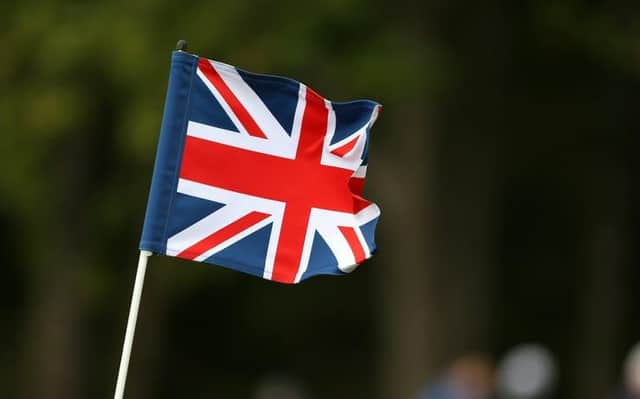Engish identity on the rise in Sunderland


Figures from the Office for National Statics annual population survey – which asks people how they describe their national identity – found 70% of people in the city identified themselves as English last year.
That is up from 62% four years earlier - in the run-up to the EU referendum.
Advertisement
Hide AdAdvertisement
Hide AdBut Britishness is on the decline – 48% said they were British, compared to 52% in 2016.
The opposite was seen across England as a whole. The proportion who felt they were British rose from 49% to 56%, while those opting for English dropped from 52% to 47%.
In the survey, people could identify as British, English, Irish, Scottish, Welsh or “other”. Respondents could choose as many options as they felt applied to them.
Prof John Denham, director of the Centre for English Identity and Politics, said the relative rise in British identity is in line with other recent surveys.
Advertisement
Hide AdAdvertisement
Hide AdHe said: “It is not clear why this has happened, but one significant factor is likely to be age. For some time now younger generations have been more likely than older people to emphasise their British identity.”
Sunder Katwala, director of the independent think tank British Future, agreed but says it could also suggest a balancing out of a previous surge in English identity after the transfer of political powers to the other UK nations.
He said: “From the late 90s onwards, there was a desire to see Englishness recognised and represented because people felt it had been left out.”